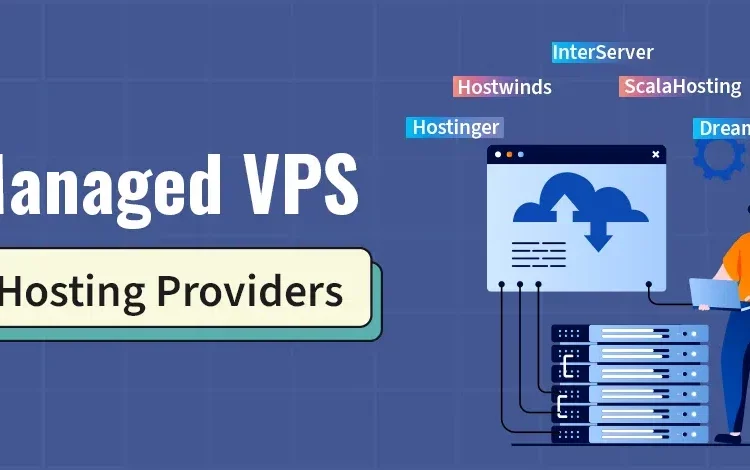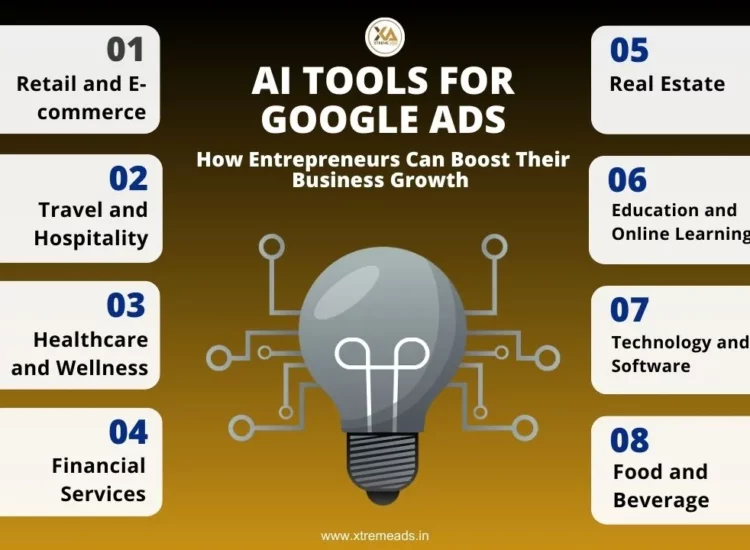VPS hosting is a game-changer for ecommerce sites. It’s scalable, meaning you can tweak your resources as needed to handle busy periods without breaking a sweat. That means no more worrying about your site crashing during a big sale or holiday rush.
Toc
- 1. Why Choose VPS Hosting for Ecommerce?
- 2. Key Features of VPS VPS Hosting for Ecommerce
- 3. Related articles 01:
- 4. Choosing the Right VPS Hosting Provider for Your Ecommerce Store
- 5. Managed vs- Unmanaged VPS Hosting: Finding Your Fit
- 6. Related articles 02:
- 7. Tips for Optimizing Your Ecommerce Website on VPS Hosting
- 8. Conclusion
As an ecommerce business owner, you already know how important it is to keep your site running smoothly. In today’s fast-paced online world, the right hosting option isn’t just a nice-to-have—it’s essential for growth. That’s where VPS (Virtual Private Server) hosting comes in. It’s powerful, flexible, and secure, making it a great fit for online stores.
In this article, we’ll dive into why VPS hosting is a smart choice, break down its key features, and share tips to help you get the most out of it. Let’s make your ecommerce platform work harder for you!
Why Choose VPS Hosting for Ecommerce?
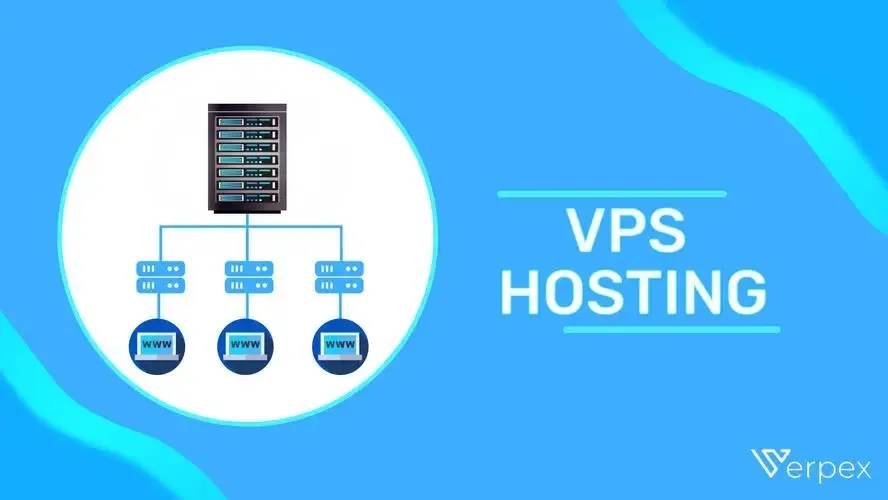
Choosing VPS hosting for your ecommerce website is a strategic decision that can enhance performance, security, and scalability compared to traditional shared hosting options.
Performance: The Backbone of Ecommerce Success
In the competitive world of online shopping, speed is everything. VPS hosting provides dedicated resources that ensure faster loading times, smoother checkout processes, and an overall improved user experience. Research indicates that even a one-second delay in page load time can lead to a 7% decrease in conversions. This means that if your average customer spends $100 on your website, a one-second delay could cost you $7 per customer. By opting for VPS server hosting, you can offer your customers the rapid responsiveness they demand, ultimately boosting sales and customer loyalty. For example, a clothing retailer like ASOS, which relies heavily on visual content, benefits greatly from VPS hosting, as their product pages load quickly, allowing customers to browse and purchase with ease.
Security: Safeguarding Your Business and Customers
Data security is a critical concern for ecommerce businesses. In 2022, there were over 1,500 reported data breaches in the US alone, costing businesses millions in lost revenue and reputational damage. VPS hosting delivers enhanced security features, such as firewalls, malware protection, and SSL certificates, which collectively protect your online store from unauthorized access and data breaches. In an era where consumer trust is paramount, the robust security offered by VPS domain hosting can give your business a competitive edge and foster confidence among your customers. A company like Shopify, which processes millions of transactions daily, relies on VPS hosting for its platform security, with dedicated servers and advanced security measures protecting customer data from unauthorized access and cyberattacks.
Scalability: Adapting to Your Growth
As your ecommerce business expands, your hosting requirements will evolve. VPS web hosting is designed to scale effortlessly, allowing you to upgrade resources like RAM, storage, and CPU power on-demand. This flexibility ensures that your website can accommodate sudden spikes in traffic during peak seasons or promotional campaigns without sacrificing performance. With VPS hosting, you can concentrate on growing your business, secure in the knowledge that your hosting services VPS can adapt to your changing needs.
Key Features of VPS VPS Hosting for Ecommerce
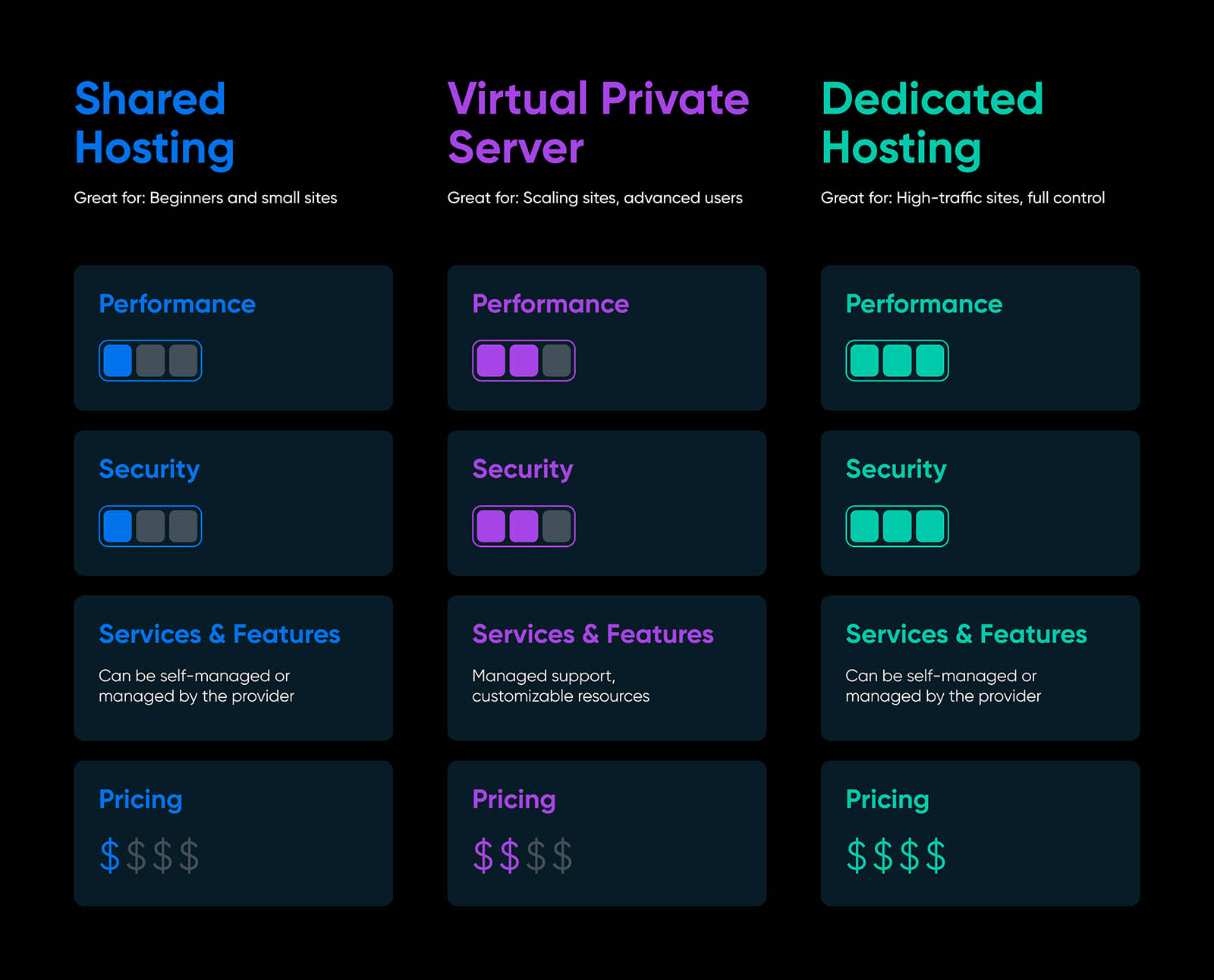
Understanding the key features of VPS hosting can help you appreciate its suitability for your ecommerce website.
Dedicated Resources: Empowering Your Website
Unlike shared hosting, where resources are split among multiple sites, VPS hosting offers dedicated resources specifically tailored to your ecommerce platform. This setup ensures that your website operates independently without being affected by the performance or traffic spikes of neighboring sites. As a result, you gain improved reliability, stability, and faster load times—essential factors for delivering a positive customer experience, maintaining your site’s reputation, and optimizing search engine rankings.
Root Access: Customization and Control
VPS hosting grants you root access, providing the ability to customize server settings, install specific software, and optimize your ecommerce platform according to your unique business requirements. This level of control allows for greater flexibility and personalization, enabling you to adjust configurations for enhanced security, performance, and specialized functionalities tailored to your products and services. For tech-savvy business owners, this customization is particularly beneficial, allowing them to fine-tune their hosting environment for peak operational efficiency and to stay ahead of evolving market demands.
Content Delivery Networks (CDNs): Global Reach and Speed
Integrating a Content Delivery Network (CDN) with your VPS hosting can further enhance your ecommerce website’s performance and accessibility. CDNs work by distributing your website’s static content, such as images, CSS files, and JavaScript, from a network of strategically positioned servers located around the globe. By minimizing the physical distance and network latency between your customers and the content they access, CDNs ensure faster load times and a more responsive website. This global reach and speed are critical for delivering a seamless shopping experience, fostering customer satisfaction, and driving higher conversion rates, regardless of where your customers are located.
Choosing the Right VPS Hosting Provider for Your Ecommerce Store
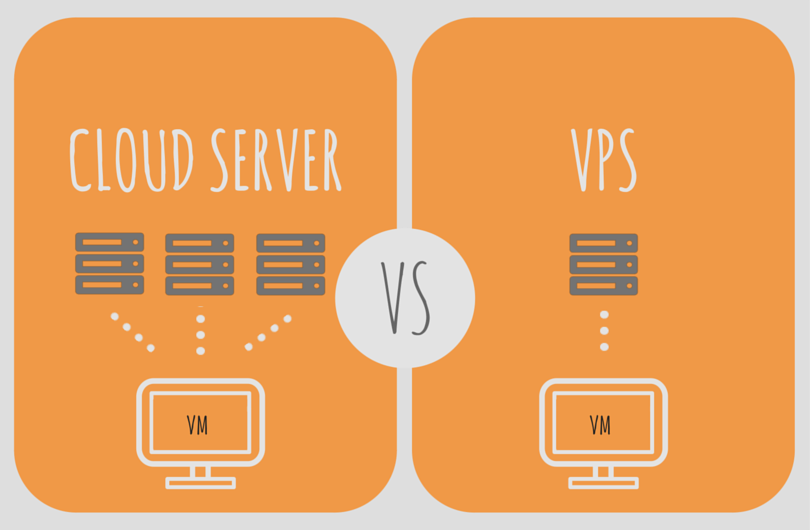
Selecting the right VPS hosting provider is crucial for ensuring your ecommerce website operates smoothly. Here are key factors to consider:
Performance: Speed and Reliability Matter
When choosing a VPS hosting provider, it’s crucial to prioritize those with a proven track record of delivering fast loading times and high uptime. Websites with slow loading times can frustrate users, leading to higher bounce rates and reduced customer satisfaction. Metrics such as average page load speed and server uptime percentage are key indicators of a provider’s performance capabilities. A provider that consistently delivers quick loading times ensures a seamless user experience, bolstering customer engagement and boosting conversion rates. Reliability and speed should be at the forefront of your decision-making process to maintain an efficient and effective online presence.
Security: Robust Protection is Essential
The security of your ecommerce website and customer data is of utmost importance, given the increasing number of cyber threats. It is essential to look for a VPS hosting provider that offers comprehensive security features, including robust firewalls, malware protection, and DDoS (Distributed Denial of Service) protection. These features help safeguard against unauthorized access and malicious attacks. Additionally, reviewing the provider’s security certifications and compliance standards can provide peace of mind, ensuring your website and customer data are adequately protected. A secure hosting environment not only protects your business but also builds trust with your customers.
Scalability: Future-Proof Your Hosting
As your ecommerce business grows, your hosting needs will inevitably change. It’s important to choose a VPS hosting provider that offers scalable plans, allowing you to seamlessly upgrade your resources as your website experiences increased traffic and resource demands. This flexibility is crucial in ensuring that your hosting solution can keep pace with your business’s expansion. Scalability enables you to adapt to market demands swiftly, maintaining optimal performance and user experience without unnecessary downtime or disruptions.
Support: Reliable Assistance When You Need It
In the world of online business, technical challenges can arise unexpectedly, making responsive and knowledgeable support essential. When selecting a VPS hosting provider, look for one that offers 24/7 customer support with quick response times and a solid track record of efficiently resolving issues. Reliable technical assistance can make the difference between a minor hiccup and a significant disruption to your online operations. Having a dedicated support team available around the clock ensures that potential issues are promptly addressed, maintaining smooth and uninterrupted service for your customers.
Managed vs- Unmanaged VPS Hosting: Finding Your Fit
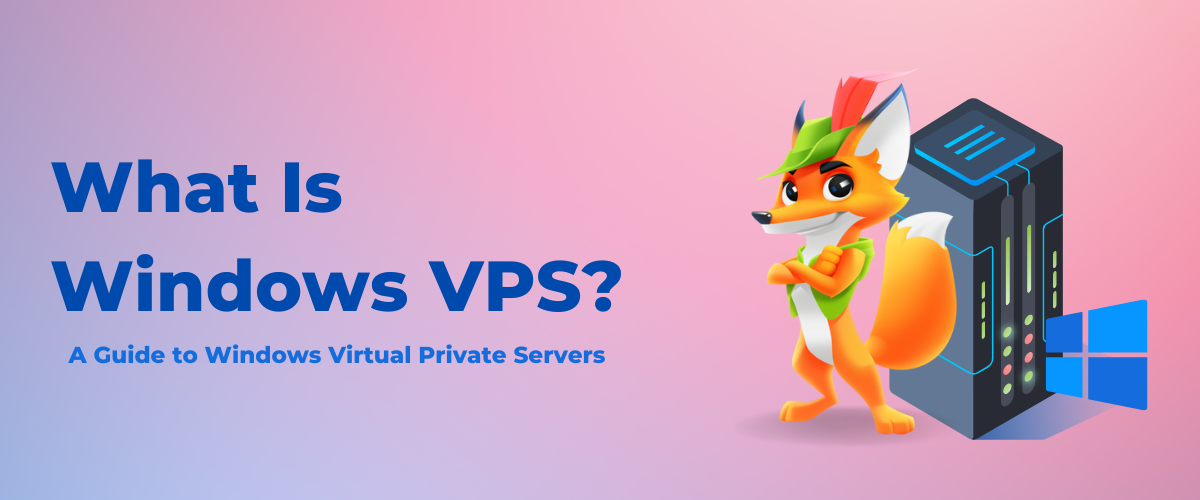
When considering VPS hosting for your ecommerce website, you will encounter two primary options: managed and unmanaged. Understanding these differences is vital to selecting the best fit for your needs.
3. https://cungcapthietbiyte.com/mmoga-telemedicine-technology-trends-shaping-the-future-of-healthcare
Managed VPS Hosting: Convenience at Your Fingertips
Managed VPS hosting offers an effortless, hands-off approach where the hosting provider takes care of all server management tasks. This includes handling crucial security updates to keep your data safe, performing regular backups to prevent data loss, and offering 24/7 technical support to resolve any issues that arise. This option is especially beneficial for ecommerce business owners who may not have extensive technical expertise or time to manage server-related tasks. By choosing managed VPS hosting, they can concentrate on running and growing their online store, focusing on customer engagement and sales, without the burden of server administration.
Unmanaged VPS Hosting: Complete Control
On the other hand, unmanaged VPS hosting provides users with complete control over server configuration and management. This option is ideally suited for tech-savvy ecommerce website owners who desire the flexibility to customize their hosting environment according to their specific needs and preferences. It allows for extensive personalization, from the operating system to the software and applications installed. While it demands a higher level of technical expertise and understanding of server management, unmanaged VPS hosting can be more cost-effective in the long run and offers greater customization potential. However, it also places the responsibility of server management, including regular updates, security patches, and technical support, squarely on the user’s shoulders, requiring them to be proactive and vigilant to ensure optimal performance.
Tips for Optimizing Your Ecommerce Website on VPS Hosting
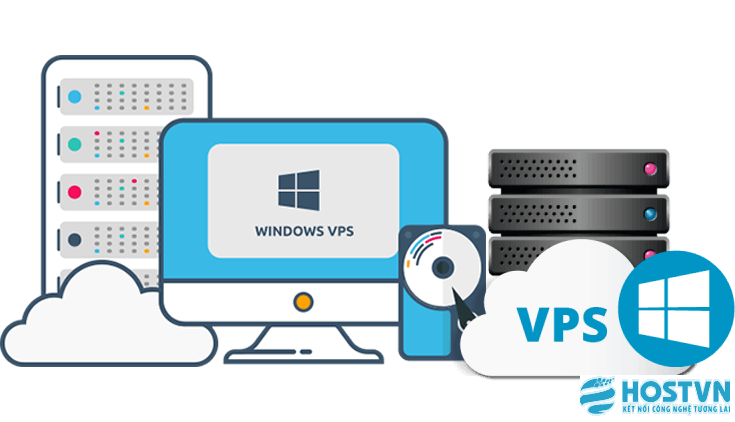
To maximize the benefits of VPS hosting for your ecommerce website, consider implementing the following optimization strategies:
Website Optimization
Efficient website optimization is key to ensuring your ecommerce store performs at its best on a VPS hosting platform. Begin by optimizing images, as large files can slow down loading times and negatively impact user experience. Use image compression tools to reduce file size without compromising quality. Additionally, leverage caching solutions, such as browser caching and server-side caching, to store frequently accessed data and reduce server load. Another important step is to minimize HTTP requests by consolidating CSS and JavaScript files, which can significantly speed up page load times. Utilizing a Content Delivery Network (CDN) can also enhance performance by distributing your website’s content across multiple servers globally, ensuring faster delivery to users regardless of their location. Lastly, perform regular performance tests and monitor metrics such as page speed and server response times, allowing you to identify bottlenecks and make informed adjustments to keep your website running smoothly.
Security Optimization
Securing your ecommerce website on a VPS hosting platform involves multiple layers of protection to defend against potential threats. Start by implementing Secure Sockets Layer (SSL) certificates to encrypt data transmission between your website and its users, safeguarding sensitive information like credit card details and personal data. Additionally, ensure that your website’s software and plugins are always up-to-date, reducing vulnerabilities that could be exploited by attackers. Utilize web application firewalls (WAF) to filter and monitor HTTP traffic between your web application and the internet, preventing harmful requests from reaching your server. Regularly perform vulnerability scans and penetration testing to detect and address potential security gaps. Finally, implement a robust system for logging and monitoring activity on your server to quickly identify and respond to suspicious behavior, ensuring a proactive stance on security and maintaining customer trust.
Performance Optimization
Enhancing performance on your VPS-hosted ecommerce website requires careful optimization of both server and website operations. One crucial approach is to fine-tune server configurations to leverage the full capabilities of your VPS. Start by analyzing server resource usage and configuring settings such as file handling and database connections to ensure they are operating efficiently. This can involve adjusting limits for processes and memory to prevent bottlenecks. Additionally, implementing Load Balancing can distribute traffic across multiple servers, ensuring that no single server becomes overwhelmed during peak shopping periods. Employing advanced caching mechanisms, such as Redis or Memcached, can further reduce the load on your server by storing frequently requested data in memory for quick access. It’s also beneficial to schedule automated backups and updates during off-peak hours to minimize disruption to your users. Finally, consider enabling HTTP/2, which improves the loading speed of your site by optimizing the way data is sent between the server and users, enhancing overall user experience and satisfaction.
Content Optimization
Optimizing the content of your ecommerce website is essential for engaging customers and improving search engine rankings. Begin by conducting thorough keyword research to identify terms that align with your business and target audience. Integrate these keywords naturally into your website’s content, including product descriptions, blog posts, and category pages, to increase visibility and attract organic traffic. Focus on creating high-quality and informative content that addresses the needs and questions of your potential customers. Additionally, optimize meta tags, alt text for images, and URLs for SEO best practices to improve search engine discoverability. Utilize customer reviews and testimonials to build trust and credibility, showcasing genuine experiences and feedback. Engaging multimedia, such as videos and interactive content, can also enhance the overall user experience and encourage longer site visits. Consistent content updates and expansions ensure your website remains relevant and can help in capturing evolving market trends and customer interests. Regularly analyze content performance metrics to refine strategies and improve effectiveness continuously.
Conclusion
In conclusion, optimizing your ecommerce website on a VPS hosting platform is a multifaceted process that requires attention to various aspects such as performance, security, and content. By implementing best practices in image optimization, caching, and HTTP request management, you can significantly improve page load times and deliver a seamless experience for your users. Ensuring robust security through SSL certificates, updated software, and firewalls, alongside routine vulnerability assessments, will protect your data and maintain customer trust. Additionally, effective content optimization by leveraging keywords, utilizing customer feedback, and crafting engaging material will enhance your site’s visibility and user engagement. Combining these strategies will create a reliable, secure, and captivating ecommerce platform that meets the demands of both your business and your customers. Regularly reviewing and updating your optimization practices ensures that your website remains competitive in the ever-evolving digital marketplace.

